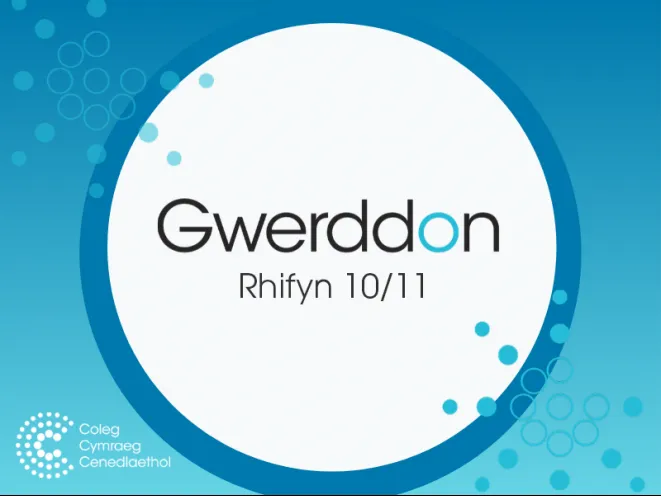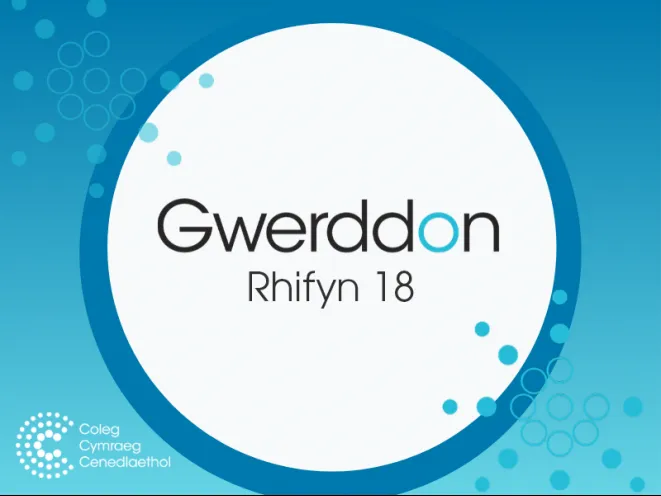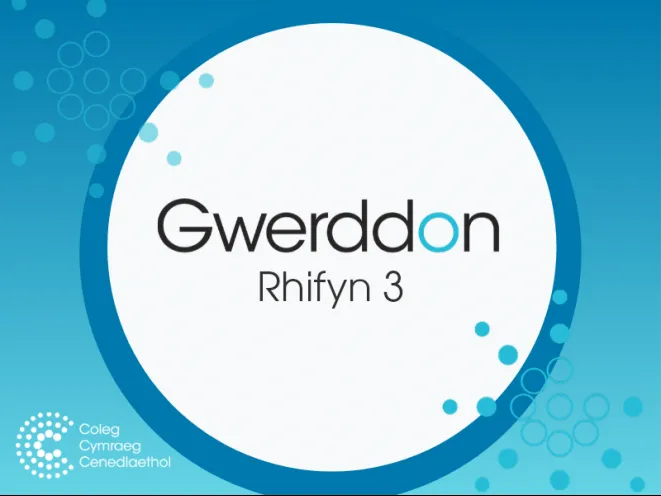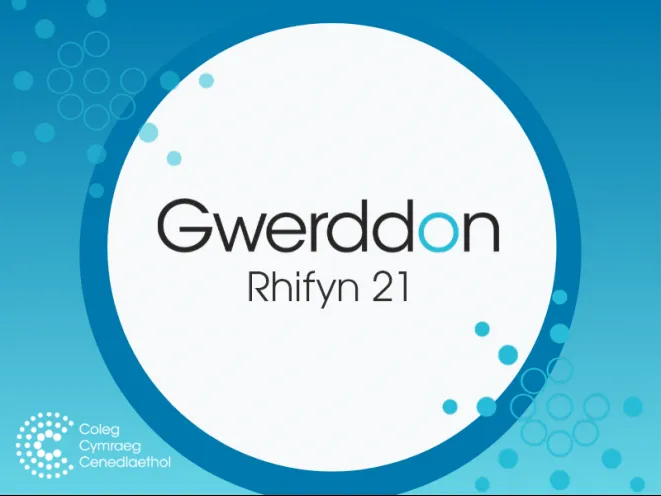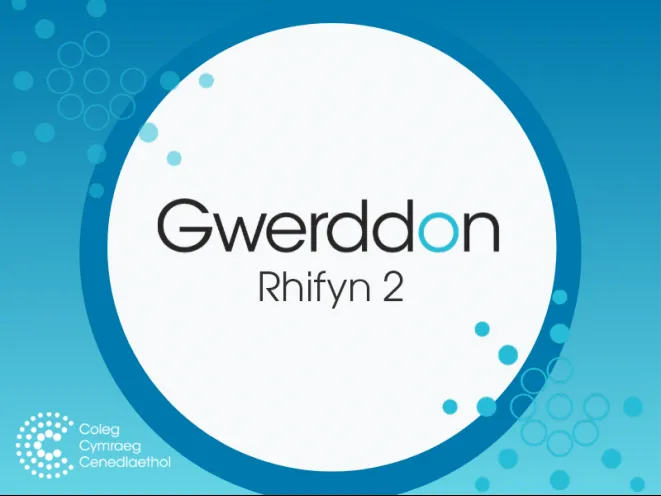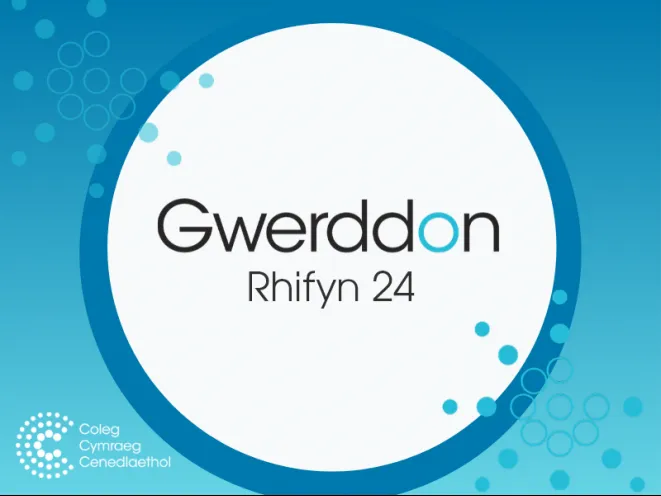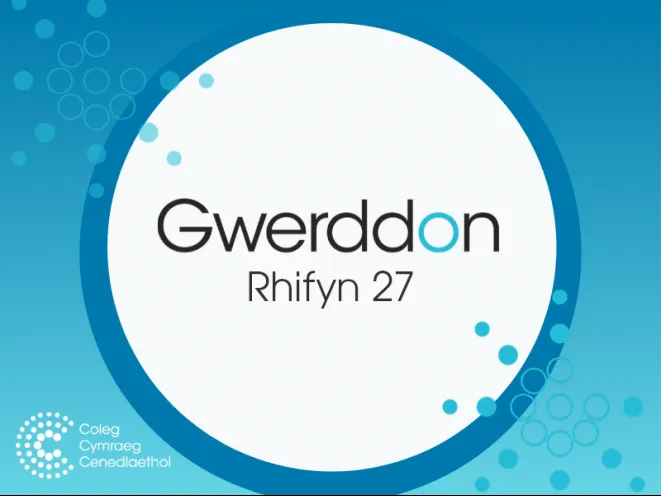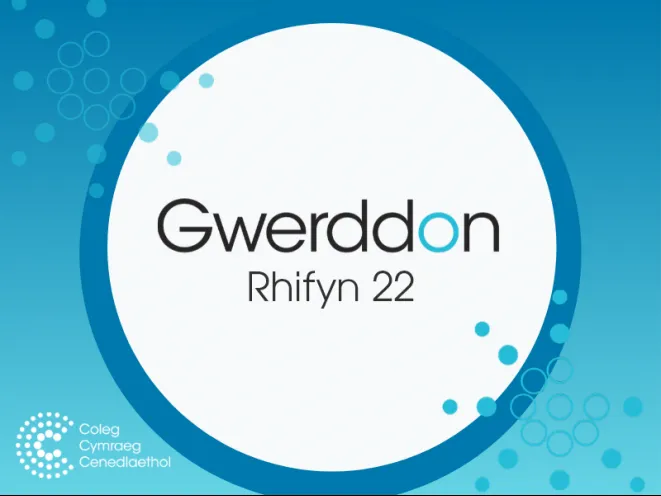The knowledge we have about the sun’s corona is based on observations made from afar. It is impossible, therefore, to speculate about the three-dimensional structure of the corona directly. This article outlines the history of the study of the structure of the corona, and describes new techniques which for the first time enable us to know the structure of the corona in detail. A description is given of the change in the structure over the life cycle of the sun, together with new information about the connection between the magnetic field and coronal density and new results concerning the rotation rates of the corona. The results show that knowledge about the corona can be greatly increased by applying new tomography techniques, enabling and stimulating further studies of the corona in years to come.
The sun's corona: A study of the structure of the sun's atmosphere
The expansion of solar active regions into space
The Sun’s complex magnetic field permeates through the photosphere (the Sun’s surface) and into the corona (the Sun’s atmosphere). New magnetic fluxes arise from the photosphere in the form of closed loops which expand into the corona. This is a typical process of coronal active regions which creates and replenishes the coronal field. Magnetic field and plasma (energetic ionised gas) are transported through the corona and flow with the solar wind into the heliosphere (the region of space influenced by the Sun including the solar system). Transportation of this kind is seen during explosive events from the Sun. According to current thinking, the only transport of material from the closed field of active regions is through eruptive events, so in the absence of eruptions the active region plasma is isolated from the solar wind. This article presents evidence to the contrary. The observations show the first evidence of the direct, quiescent expansion of active region closed field into the extended corona without an eruption, thus forming an important part of the solar wind. The evidence is gained through the application of new image processing techniques to coronagraph observations. The observations are presented, and their implications are discussed in the context of the current model of Sun-heliospheric connections.
The geomorphology of Wales’s rivers: Today, yesterday and tomorrow
This paper presents a review of the fluvial geomorphology research undertaken on Wales’ rivers. As well as discussing trends seen in these studies, by firstly focussing on the work of geologists of the late nineteenth century, and by progressing through the development of geomorphology as a research field to the present interdisciplinary period, the fields that have received particular attention on Welsh rivers are discussed. These include the evolution of the mega-geomorphology of Wales, innovative process studies, the evolution of alluvial fluvial systems to short- and long-term climatic changes, and the response of Welsh rivers to anthropogenic activity. This range of studies is a result of the nature of Welsh fluvial systems. Firstly, they display an evolutionary history including glacial periods and rejuvenation. Secondly, contemporary processes have created a wide range of channel types, including bedrock channels, gravel bed rivers, meandering, braided, stable and unstable channels. Thirdly, academic interest and pragmatic concerns regarding river management have led to a large body of work that has, in some cases, led to many reaches on Welsh rivers being classed as international archetypes. Gaps in our knowledge are also discussed. These include the need to increase our understanding of contemporary process and to continue the work done on alluvial response and evolution through using the latest techniques to constrain the chronology of fluvial system development. There is a need to extend the spatial scope of our studies to areas which have not received as much attention in the past such as the bedrock and mixed bedrock-alluvial channels of the north-west and the south Wales valleys.
A critical evaluation of the morality of international sport
In this paper we challenge the idea that nationalism in general, and sporting displays of nationalism in particular, are morally problematic. Whilst sporting displays of nationalism are often accompanied by ethnocentric and jingoistic tendencies, it does not follow that such competition is inherently problematic. By drawing on liberal nationalist philosophy, we argue that accepting and celebrating particular cultural and national ties represent a fundamental step towards encouraging an international and cosmopolitan mindset. Moreover, we argue that international sport has significant potential in stimulating meaningful cultural conversations, both within and between national communities.
Implications of changes in the age profiles of Welsh speakers
Aitchison and Carter’s analyses of the Census over the last decades have succeeded in making the main trends concerning the spatial distribution of Welsh known to everyone with an interest in the future of the language. Even so, some aspects remain unexamined. This paper is an attempt to give a different view of the trends by presenting a number of new analyses. In the first part, language production between 1991 and 2001 that is the effect of the education system, is examined. It is shown that the introduction of the National Curriculum in Gwent led to the biggest changes. In the second part, the geographical distribution of Welsh-speakers is looked at, especially those areas where more than 70% could speak Welsh. Some indices are introduced in order to quantify the situation and to explain the significance of those areas. Lastly, the implications of spatial distribution (or social network) to the use of Welsh is discussed by consideration of a little probability theory.
Ideology and aesthetics in the drama movement
This paper examines the background and underlying assumptions involved in a public debate between Dr Kate Roberts and Dr Thomas Parry which was conducted in the columns of the Genedl newspaper in the early nineteen thirties. The subject of the debate was the policy governing the selection of plays for the annual performance of the Bangor students’ Welsh Drama Society. Since its ground breaking production of Ifor Wiliams’s translation of A Dolls House in 1926 the annual Bangor drama production had come to be seen as an event of considerable importance in the programme of the Drama Movement in Wales. However, the author of the article suggests that analysis of the aesthetic and cultural assumptions of the two authors – themselves figures of central importance at the time – raises issues of wider importance than the Drama movement itself, which continue to affect academic and cultural debate today.
Lewis Edwards and the 'trahison des clercs'
This article focuses on three essays published on the work of Samuel Taylor Coleridge and Immanuel Kant by the theologian and scholar, Lewis Edwards, in the Traethodydd between 1846 and 1853. Edwards is considered here as representative of the religious leaders of Wales in the second half of the nineteenth century. His work is examined for evidence of attitudes towards the philosophical developments of the period which could offer an explanation for his failure to defend Welsh language and culture in the face of the spread of English. The article argues that Edwards’ commitment to the speculative reasoning on which contemporary Calvinist theology was based prevented him from responding directly to the intellectual challenge represented by modern thought. In the three articles considered here, which present Kant’s thought as expressed in the first Critique, together with Coleridge’s philosophical theology as it is presented in his Aids to Reflection, we find clear evidence of Edwards’ unwillingness to accept any challenge to Calvinist philosophy. The picture he presents of the work of these two authors is defective and misleading. A major part of both Kant’s Kritik and Coleridge’s Aids is a destructive criticism of the baseless pretensions of speculative reason. Edwards chooses to ignore this entirely, so as to maintain his belief in the power of the human intellect to intuit truth without reference to empirical evidence. It is argued here that this wilful blindness to modern thought was an important factor in motivating the intellectual treason of which Edwards and his contemporaries stand accused. It is also suggested that this treason undermined not only Welsh language and literature, but also the Calvinist religion Edwards was determined to defend. In refusing to face the challenge of modern thought, Edwards left his students with no means of adapting traditional teaching to meet the requirements of a changing sensibility. The eventual result of that was a degree of alienation from the Nonconformist past, the effect of which continues even today
A study of tutors’ perspectives on learners’ pronunciation difficulties in the Welsh for Adults Sector
This article presents a detailed analysis of the views of experienced Welsh for Adults (WfA) tutors on learners’ pronunciation and the attention paid to teaching pronunciation in the sector. The data were collected by distributing an on-line questionnaire to experienced tutors in different parts of Wales, and by conducting focus groups with a sample of these tutors in two specific locations in Wales. The aims of the research are to establish how tutors perceive learners’ pronunciation difficulties and to what extent they are adequately trained to assist learners in this challenging aspect of language learning. The extent to which various aspects of pronunciation (e.g. producing specific sounds and intonation) affect learners’ ability to communicate effectively outside the classroom is also examined. A series of recommendations is presented at the end of the article which suggest how the WfA sector can improve its provision with regard to pronunciation. These recommendations concern the provision of courses, the training needed by tutors, resources that could be developed, the extracurricular activities that could take place, as well as further research which could inform pedagogy in the sector.
“No Mention of a Duw or a Dyn”: Investigating the ‘Northern U’ vowel in mid-Wales
The high central vowel, or the ‘northern u’ as it is informally called, is well known to be a characteristic feature of northern Welsh. Generally in north Wales, a clear contrast is heard between pairs such as ‘tŷ’ / ‘ti’ and ‘sur’ / ‘sir’. Conversely, since this contrast is neutralised in the south, these words are homophones, and are always pronounced with the high front vowel ‘i’. The main aim of this study therefore is to analyse quantitatively the way in which this contrast between ‘northern u’ and ‘southern i’ is lost in parts of mid-Wales. Consequently, the results will show the complex patterns of variation that arise in one particular ‘transition zone’, namely the Tywyn district, and demonstrate how speakers’ use of the high central vowel in this area is conditioned to a considerable extent by specific linguistic factors. Finally, this article will postulate that the interchange between the high front and the high central vowels is also related to variation in the length of diphthongs, and the implications of this theory will be probed.
A multiwavelength model to visualise and analyse magnetic fields in the solar corona
The Sun is a dynamic, complex system, full of interesting and important features. These kinds of features can be modeled in various ways, such as with Non-Linear Force-Free Field (NLFFF) models. In this paper, NLFFF simulations are built. The intention is to estimate spatial patterns of the magnetic field in the solar chromosphere and corona and changes in the free energy in the system, in particular losses of energy as a result of solar eruptions. Most existing models have a temporal cadence of 12 minutes at best (that is, the situation is simulated every 12 minutes). The method discussed in this paper makes various approximations but it aims to achieve a temporal cadence of 45 seconds. The method used is found to successfully simulate synthetic data, and when dealing with real data, it produces images which frequently correspond well to observations. Several reductions in the free energy of the system are seen, corresponding to observed eruptions.
An analysis of the use of code-switching by student teachers in a bilingual Secondary School class: A case fro...
The literature contains many studies on code-switching. The socio-cultural method of studying networking in the classroom as described by Mercer (2000) is based on a detailed analysis of the discourse of language classes. Mercer noted a number of linguistic techniques used by teachers. This article analyses the views of trainee-teachers on code-switching as a practice in the classroom. In the study, the class practice of two trainee teachers, bilingual in Welsh and English, was examined. The two were observed and their teaching recorded. Interviews were also held with the trainee teachers to ask them about their attitudes to the use of the first language in a secondary-school class where English is a second language. The collected data is analysed using Critical Discourse analysis methods. Specific consideration is given to what extent the trainee teachers succeeded in teaching in a way that was within the attainment of the bilingual pupils under their care. The occasions when the teachers switched from English to Welsh for a minute could be seen to correspond to the code-switching functions noted by Camilleri. The code-switching suggests a legitimate way of using common linguistic resources as a teaching support in the classroom.
The effect of recent changes on the linguistic uniqueness of Welsh
The Welsh language has several features in its grammar which are crosslinguistically very unusual. This paper looks at five such features, at their rarity in the languages of the world and at their place in Welsh grammar. It shows that the textual frequency of each feature, in corpora of spoken and written Welsh, is declining. These five features, which had been stable in Welsh since the earliest records well over a thousand years ago, have in the lifetime of older speakers become optional or obsolescent in the spoken language: the grammar of the language has changed. Welsh is likely changing because of bilingualism. Along with the recent increase in the public use of Welsh has come an increase in the use of English in the everyday lives of Welsh speakers. The average Welsh-speaker now speaks more English than Welsh, outside the family at least. Speaking a second language fluently and regularly HAS been shown to affect the speaker's first language, probably to lessen the psychological load in constantly switching between the two languages. It is argued that in such a situation cross-linguistically unusual features are inherently more susceptible to loss. Finally, the paper looks very briefly at possible future developments.

